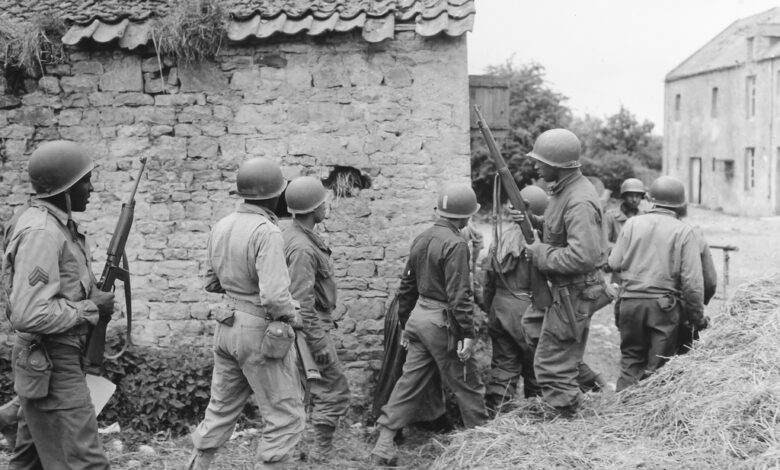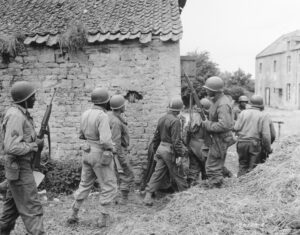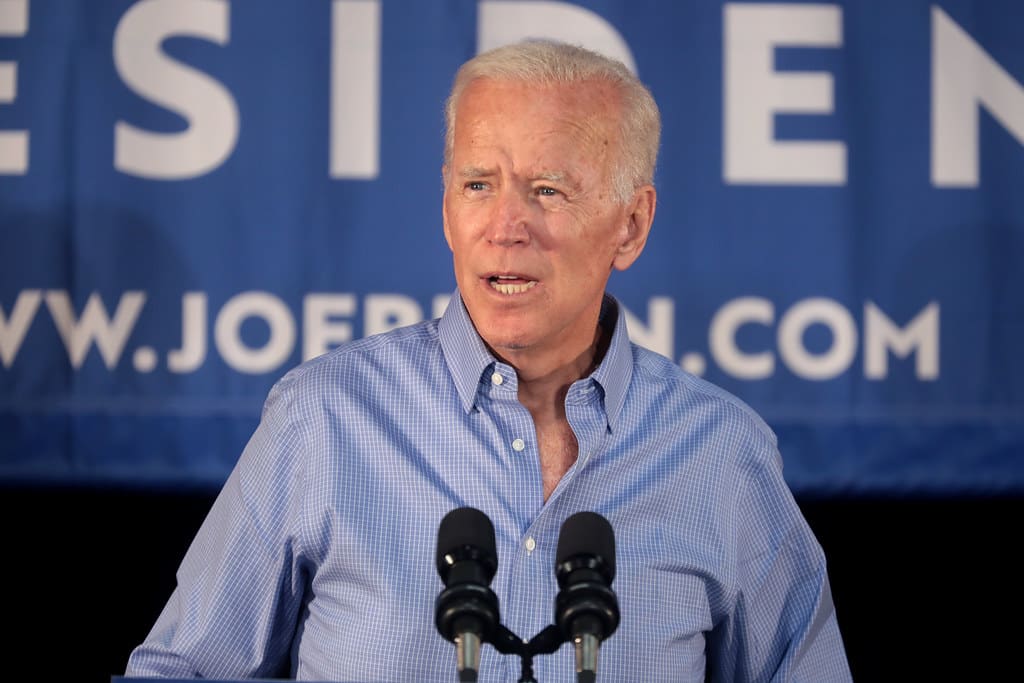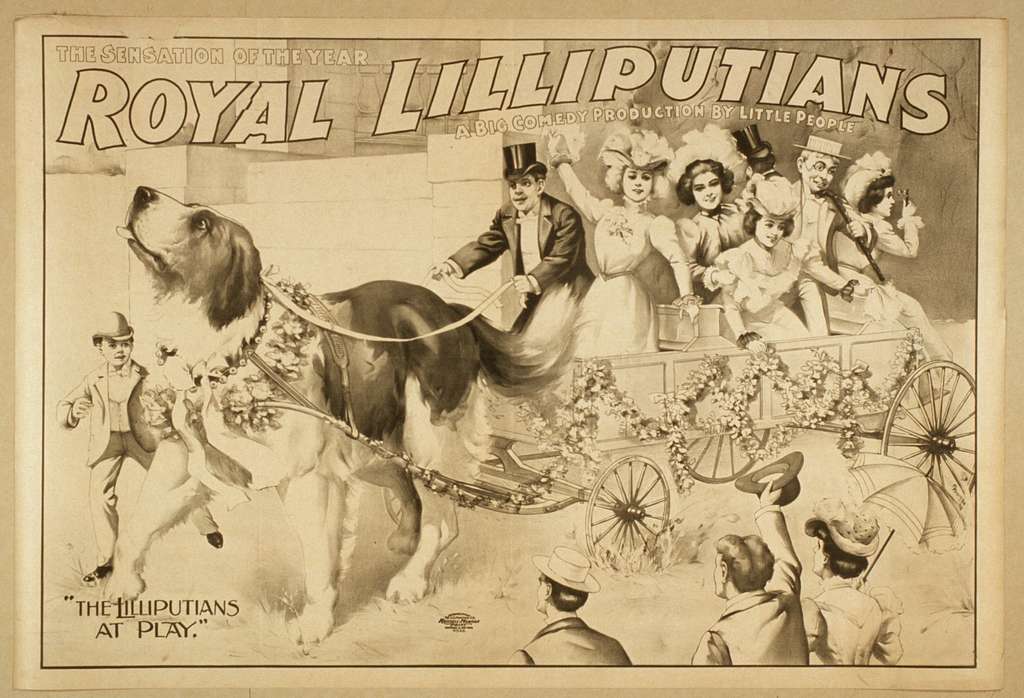Shribman: The debt we owe black WWII soldiers

(This is the start of a new column by David Shribman, a moderate, thoughtful Pulitzer Prize winner. The lesson is that just because something deals with race, that doesn’t make it “woke” or left-wing. Sometimes history really is history. And sometimes people deserve their tributes. For the full column, go here. Nov. 23)
Visitors to the American Cemetery in Margraten, Netherlands, who paused before the 8,301 graves of Americans who died freeing Europe from Nazi rule found a display honoring the Black military personnel buried who fought for freedom abroad while being denied it at home.
Until the plaques were quietly removed from the visitor center, almost certainly as part of the Trump administration effort to cleanse American history from conflict and negativism and to play down the separate contributions of minorities, to erase what it called “illegal DEI and ‘diversity, equity, inclusion and accessibility’ (DEIA) programs.”
The panel spoke of how the Black soldiers were “fighting on two fronts,” a reference to an effort, prominent in black circles yet all but unknown among whites, called the “Double-V,” or “Double Victory,” campaign. It began with a 1942 letter to the editor of the Pittsburgh Courier, the leading Black newspaper and one with a national audience, that spoke of the incongruity of Blacks fighting for freedom in Europe while being denied freedom at home.
The Six Questions
The drive to strip references to the achievements of various groups, especially minorities, is congruent with the White House offensive to remove any scent of negativism or single-interest matters in portrayals of American history.
“The exhibitions in Margraten are not intended to promote an agenda critical of America,” American Ambassador Joe Popolo, who visited the cemetery Monday, said on the X social media platform. He donated $827,900 to the Trump 2024 campaign.
But the record of Black involvement in World War II, including digging graves at Margraten, and the irony of Blacks’ commitment to foreign freedom while lacking it domestically, is immutably part American history. That is so especially because the Double-V campaign is considered a precursor to the civil-rights movement.
“This was an important movement by the Pittsburgh Courier on behalf of a community experiencing segregation throughout the United States and the military,” Rod Doss, the publisher and editor of the newspaper, said in an interview. “Our soldiers fought overseas for the freedom of others, but they lacked that same freedom in the United States.”

“Should I sacrifice my life to live half American?,” he wrote. “Will things be better for the next generation in the peace to follow? Would it be demanding too much to demand full citizenship rights in exchange for the sacrificing of my life? Is the kind of America I know worth defending? Will America be a true and pure democracy after this war? Will Colored Americans suffer still the indignities that have been heaped upon them in the past?”…
[Again, the full column is at this link.]





